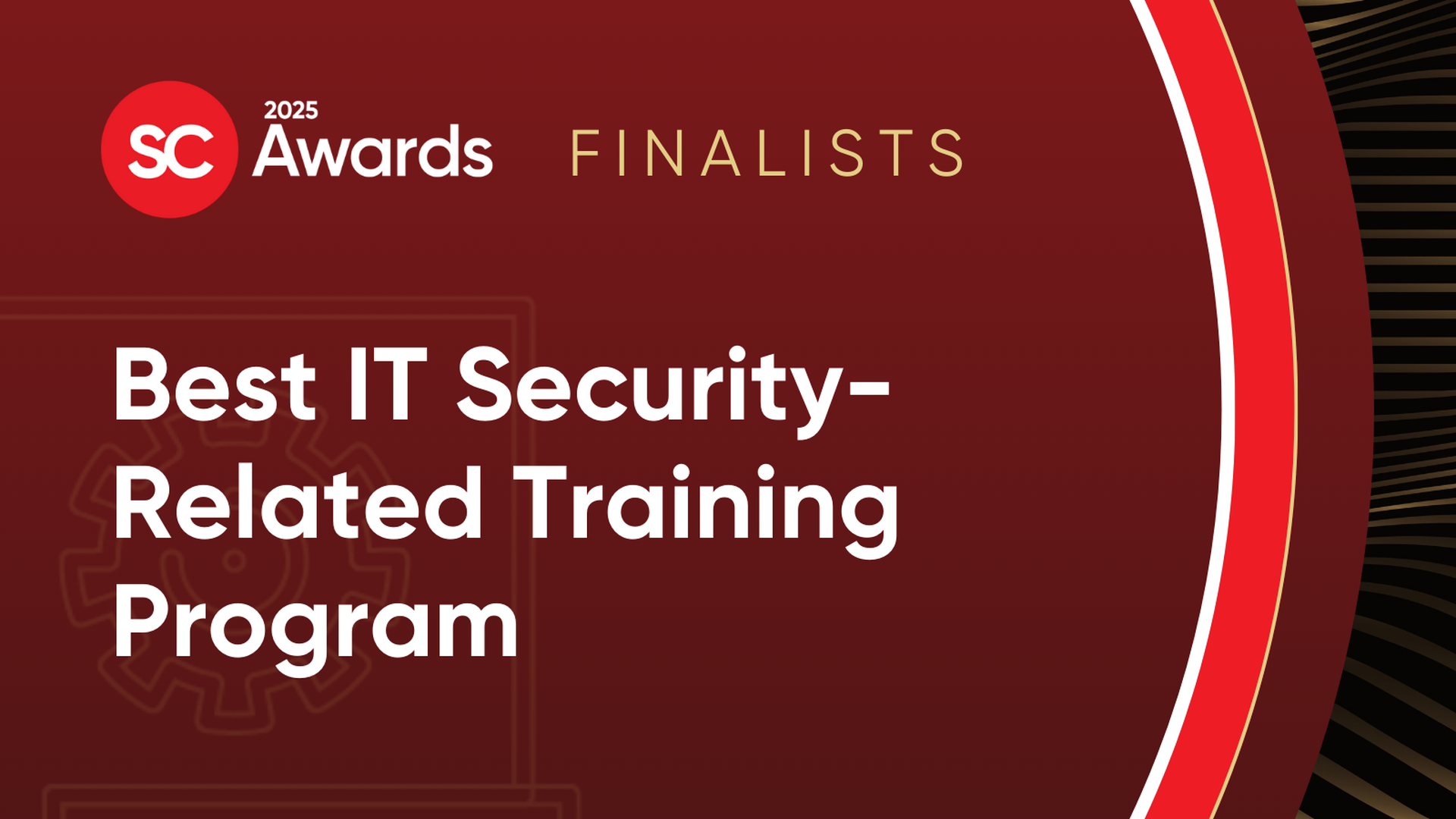Infosec workforce and economic development organization Cyber.org this week officially announced the launch of a new diversity-minded pilot program designed to expose K-12 students to cybersecurity as a career option and connect them with historically black colleges and universities (HBCU) that offer cyber degrees.
This “talent feeder program” has named Caddo Parish Public Schools in northwestern Louisiana as its first participating education district. The grant will enable two of the district’s schools, Huntington High School and Southwood High School, to stand up computer lab environments and bring in a veteran cyber educator to train the faculty on how to teach the curriculum to their pupils. The students will later receive further guidance from nearby HBCU Grambling State University, the first university in the state to create a cybersecurity undergraduate degree.
Cyber.org hopes to replicate this program across the country as a way to narrow the cyber skills gap by encouraging more minorities and members of underserved populations to join the cyber workforce. A recent EducationWeek study found that lower-income educational districts disproportionally turn into cybersecurity “deserts” where levels of cyber knowledge among teachers are low and opportunities to learn about infosec are few. Indeed, 28 percent of educators living in cybersecurity deserts said that at least 75 percent of their district’s students live in poverty.
“Our partnership with Cyber.org will be central to introducing more students at the high-school level to the possibility of pursuing cybersecurity degrees and careers,” said Grambling State University President Rick Gallot, in a press announcement. “This initiative is critical to ensuring that all students regardless of race, gender or socioeconomic status have equal opportunity to enter the cybersecurity field. We’re confident that other HBCUs and universities around the country will implement similar models with their own regional high schools.”
SC Media spoke with Kevin Nolten, director of academic outreach at Cyber.org and T. Lamar Goree, superintendent of Caddo Parish Public Schools, for their outlook on the new program, and what they hope to achieve from it.
Explain the motivation behind the program.
Kevin Nolten (KN): We all acknowledge that there is a tremendous cybersecurity workforce gap in our country, and we want to ensure that we are beginning to place those seeds of opportunity at an early age, so that they can then set out with confidence and awareness of the cybersecurity opportunities that exist in our country today.
T. Lamar Goree (LG): As a school system, we’re certainly always looking for those opportunities to increase the opportunity for students to link high school and college, and be career ready. So we're always looking for those amazing partnerships… I'm always looking for opportunities to partner with either private industry and/or colleges or universities, so that we can make sure that we are providing students with those internships, and those opportunities for them to truly find what their passion is.
A lot of this work in the K-12 setting is starting as early as sixth grade now, where we're starting those interest inventories, so that we can begin to build upon that graduation plan for students to reach their full potential. When we look at our opportunity to partner with Grambling State University as well as with Cyber.org, we see this as capturing children at a very, very early age to introduce them to something that we know will lead to a productive career opportunity.
Even if it's not in cybersecurity… it's going to give students skills that they need to be successful in many jobs that we know will exist as we go into the future.
What are the diversity implications of establishing a program like this?
LG: First off, our Caddo Parish Public Schools is one of the largest school systems in North Louisiana, with about 37,000 students. We do have a high percentage of our students that are in poverty – about 72%. And we have a large minority population, with about 66% of our children being minorities, with about 63% being African American... That's a space where that HBCU connection, and that connection to our African American community, as well as the skills that Cyber.org will bring to this conversation, will be very valuable as they move forward.
What I'd add to that, too, is that we have a lot of minority children who will be first generation college-goers. Now when you talk about the biggest challenges around being a first-gen, one is knowing how to navigate the system. We see this partnership as an early introduction to college life and what it's like to matriculate at a college, and that's going to also be a very important part of this relationship. They will get to know so much more about Grambling State University, while learning about cybersecurity and all the opportunities that it brings.
And… I’m really excited about those other historically black colleges and universities looking at this specific program and how this is going to help us change the trajectory of black and brown children, and underserved children, from a socioeconomic perspective as we move forward.
KN: We actually did a study with The Education Week Research Center… and it studied the landscape of cybersecurity education across the country. And one of the findings of this study makes it very, very clear that K-12 cyber education opportunities need to be expanded dramatically, with a particular focus on socioeconomically disadvantaged communities, underserved communities. And when we look at another stat from this research report – that only 45% of students currently receive any kind of technology or cyber education – this is where we identify the gap that we've built this pilot upon. We want to ensure that students are introduced to cybersecurity careers [and] concepts that are needed to be good, productive citizens of our country. And then we take a system that feeds a large number of students into a university – Grambling State University – and that in turn generates a workforce that can be consumed by the cyber industry that is here in northern Louisiana.
Now, northern Louisiana is no different than communities in South Carolina, communities in Virginia, communities in Georgia. They have students who are in areas of the state that are primed for an infusion of resources, infusion of technology, infusion of dollars to enable those educators to provide opportunities for those students. So our goal is to build this pilot program so that it then can be replicated by any HBCU in the country, ensuring that those high-school students know that they can go after a high-paying, high-demand job that will ultimately change their lifestyle forever.
So what is the university’s role in all this?
KN: I remember as a high school student the daunting task of applying for college, filling out all the financial assistance forms, filling out all of the necessary paperwork and being able to navigate what all my options were with regards to a career or degree pathway. So our goal with this program is to bring faculty, enrollment directors and financial aid individuals from Grambling State University. Let's bring them to the high school, let's set up one-on-one time so students can have a personal relationship with a four-year institution.
And as Dr. Gorre mentioned earlier, many of these students are going to be first-time university students. So when they go home and they ask Mom and Dad, “How do I do this,” unfortunately that parent more than likely may not have an understanding of what to do. So we want to ensure that we are setting these students up for success. It's a big university – it's intimidating to walk onto a university campus. We want to bring that to an environment that is comfortable to the students, an environment that the students know, and so that's the ultimate connection that we're trying to make in bridging that gap.
LG: If you talk to Dr. Gallot at Grambling, he'll tell you that it's really about how we create this seamless transition from age 12 to freshman year in college. How do we make sure that through our cyber curriculum and implementation, we create an experience that [students are] excited about? How do we create that level of energy around this so that they want to do that extra work? Also, I love the idea of how we bring financial aid to them, how we make sure that those freshmen seminar classes and those advanced placement opportunities are all offered to them.
I tell people all the time, [look for] the diamonds in the rough. You've always got to identify that child who is extremely special, innately gifted, in these areas and make sure that we're putting extra work into that. Then the advantage to Grambling State University, of course, is that they're getting first shot at those students. But more importantly to us, we're producing children that are not only going to graduate high school, but that are going to go on and graduate from college.
You’re bringing in a cyber educator to help mentor the teacher and turn them into cyber educations. Where is the content and curriculum coming from?
KN: The content and the curriculum already exist, and Cyber.org actually has an additional federal grant from the U.S. Department of Homeland Security's Cybersecurity and Infrastructure Security Agency (CISA) [for that]. We’ve to date received over $40 million to develop a robust library of content curriculum that is being utilized by 22,000 educators in all 50 states and three U.S. territories. And it has had an impact on over 3 million students.
What we are doing with this program is directly targeting certain schools [with this content] to ensure that we are prioritizing a diversification of that cybersecurity workforce that needs to happen today. It needed to happen yesterday, but we really have to focus on that today.
[Also] our content curriculum not only teaches students about the technical skills around cybersecurity, but it also teaches students about how to be good digital citizens of our community. And we’re looking at ensuring that students have a foundational understanding of what careers are available to them. So we're putting career profile cards in the hands of every student.
Every student at Huntington High School and every student at Southwood High School is going to get these career profile cards, and on the back they talk about the skill sets that are needed for this career, the degrees and certifications that are required, and then even the median salary for these jobs. So a cyber operator that has a bachelor's degree in cyber security and cloud computing is going to have an average salary of $100,000. Think about that to a student whose parents probably are not even making $100,000 combined. It's a gamechanger. So we're ensuring that these students have an opportunity to know what all the options are when they're asked, “What do you want to be when you grow up?”
Up until now, what has been the state of Caddo Parish Public Schools’ cybersecurity curriculum, and how will this new pilot program improve upon it?
Since [I became] superintendent seven years ago, we've always talked about needing to focus on more STEM – how we infuse science, technology, engineering and math. And not only [examining] what children are doing in their science classes, but looking at that from a cross-curricular perspective. And we really started that work aggressively at the elementary school.
Just last year, we had our first K-8 STEM school where the school is totally embedded in those concepts around preparing students for STEM learning. We see this cyber innovation as totally enriching that opportunity at the two high schools where we are at doing this [Cyber.org] implementation. We see this changing the game… Cyber.org has put the work into helping us get to that, whereas quite frankly I don't know we were necessarily doing that nearly as well as we will be doing it in these two schools.




